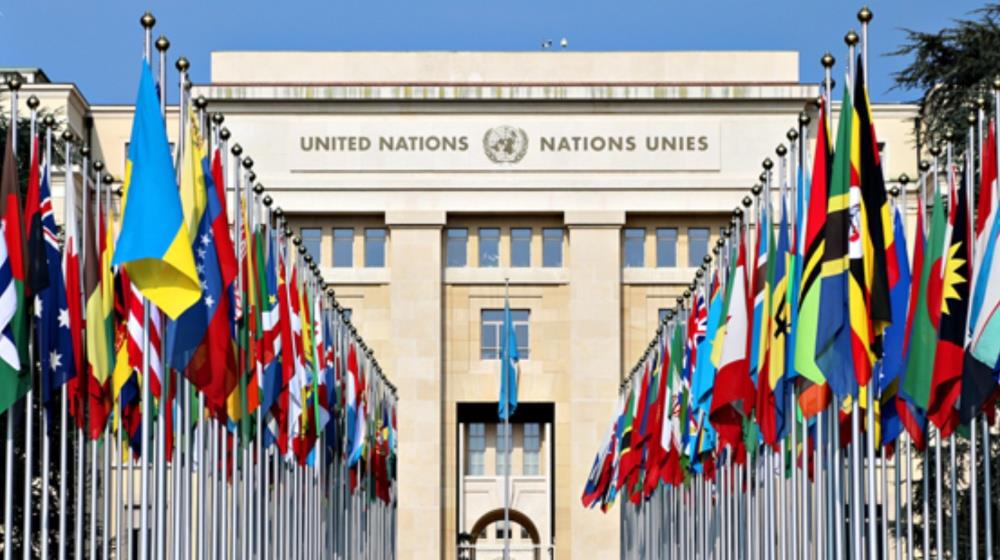The United Nations Working Group on the use of mercenaries as a means of violating human rights and impeding the exercise of peoples’ right to self-determination, visited the Republic of Cyprus in January 2025 and submitted its report with conclusions that will be examined by the Human Rights Council in September 2025.
The report says that “the Republic of Cyprus has taken significant steps in the field of shipping, with strict registration criteria and compliance with international standards, which the Working Group commends."
The Working Group held meetings in Nicosia, Limassol and Larnaca with the Ministry of Foreign Affairs, the Ministry of Defence, the Deputy Ministry of Shipping, the Police, the Cyprus Shipping Chamber and the Centre for Land, Sea and Port Security. According to the report, “private guards are present in all aspects of social life, from shopping malls and schools to courts, hotels and political offices.” It is estimated that some 224 companies operate with 4,600 employees and 1,100 self-employed individuals.
Particular emphasis is placed on the shipping sector. Cyprus is recorded as one of the largest maritime powers globally, with the 11th largest merchant fleet and the 3rd largest in Europe. “Shipping contributes 7% to GDP and employs 9,000 people onshore and more than 80,000 seafarers internationally.” The country is considered a model flag State, having adopted extensive legislation for ship security in high-risk areas.
The Working Group commends the Republic of Cyprus for Law 77(I)/2012, which sets strict criteria for hiring armed guards on Cypriot ships, provides for vetting procedures and restrictions on the use of weapons, as well as high training standards. At the same time, it is noted that the country was an “early signatory” of the Montreux Document on the regulation of private security companies.
However, the report identifies shortcomings on land, including limited inspection staff and inadequate training of guards in human rights issues, use of force and prevention of ill-treatment.
“Recognising the positive steps taken by the Republic of Cyprus to regulate private security companies in the maritime sector, the same high standards and oversight must also be applied to those operating on land. With such a large number of private security personnel in the country, the Working Group highlights the need to establish an independent and proper oversight body or mechanism to effectively supervise them and ensure that private security actors are not engaged in human rights abuses,” the report stresses.
Concerns are also expressed over the use of private companies in migrant reception centres, where “the low level of training and the difficult conditions create risks of violations.”
With regard to mercenaries, Cyprus is urged to proceed with the ratification of the International Convention against the Recruitment, Use, Financing and Training of Mercenaries, and to incorporate its provisions into national law.
“Officials informed the delegation that there have been no reported cases of individuals from the Republic of Cyprus being involved in mercenary groups operating in conflicts at home or abroad, nor cases of mercenaries being transferred through the Republic of Cyprus to other countries. However, there is no regulation specifically punishing the recruitment, training and financing of mercenaries for participation in foreign conflicts,” the report states.
The report warns that the absence of a regulatory framework creates loopholes that could be exploited by international networks.
In its recommendations, the Working Group calls on the Republic of Cyprus to strengthen the monitoring of private companies both on land and at sea, to adopt stricter training standards, to ensure effective complaint mechanisms for rights violations, and to introduce the issue of “mercenaries” into national law, with the possibility of extraditing suspects.
The Working Group also presents the Republic of Cyprus in its recommendations as an international model of maritime compliance.
(Source: CNA)









